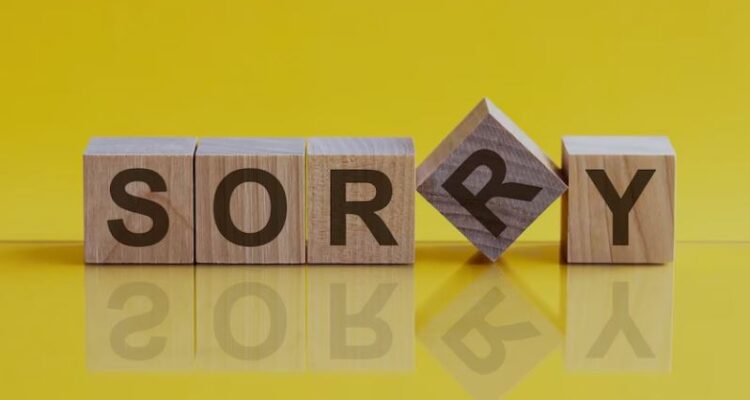This past weekend was Yom Kippur, Judaism’s annual Day of Atonement. It is the culmination of the Ten Days of Repentance, which began with Rosh Hashanah, the Jewish New Year. On Yom Kippur, those gathered bring before G-d a terrible litany of treacheries for which they ask forgiveness. Worshippers confess sins committed verbally and non-verbally; sins that have been committed through deception or foolish speech; sins committed under duress or freely; sins committed knowingly and unknowingly; sins committed “openly or secretly”; sins committed frivolously or through inattentiveness; the hot sins of “causeless hatred”, or the cool sins of callous disregard. And after each list, the worshipper prays, while striking themselves with a closed fist on the left side of their chest, “For all these, G-d of pardon, pardon us, forgive us, atone for us.”
That these humble pleas for forgiveness are directed toward G-d enacts the confession and the conviction that these wrongdoings ultimately represent violations of the divine “ordinances and precepts”. But the logic of Yom Kippur reflects the further sense that each of these sins tore away at a kind of human fabric, breaking the social and moral bonds that hold us together, and finally consigning us to a condition of unhappy estrangement from one another. Hence of language of “penitence”, teshuvah — which literally means returning, turning back, reuniting, coming home. The moral reality of finding our way back to one another is then given tangible expression through the shared meal, acts of generosity and restitution on Erev Yom Kippur (the evening before the fasting day) and through the communal gathering on the Day itself.
Yom Kippur cannot help but strike many of us as both familiar and strange. Familiar because there are few more natural responses to wrongdoing than blame (when another has committed the wrong) or guilt (when we know we are to blame), on the one hand, and forgiveness (when the relationship is permitted to continue, despite the wrong done), on the other. But it is strange because the blame here is wholly self-directed; the confession of wrongs done is general, not specific (is there, then, a certain evasion lest one confront the reality of the wrong one has done?); and the forgiveness is sought from G-d, not from other human beings. It is hard to shake the sense, then, that the entire drama of guilt and forgiveness on Yom Kippur does not really take place between persons.
Listen to the program with
on The Minefield.

